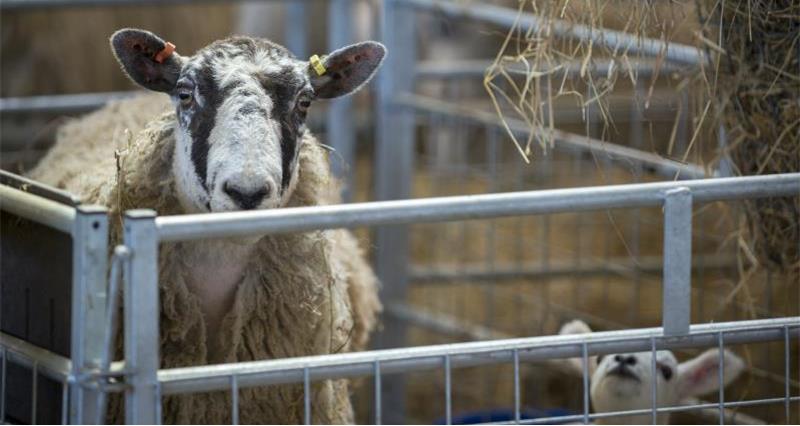The following letter was sent to Farmers Guardian.
The use of organophosphate (OP) dips is an absolutely essential tool in the armoury to control and ideally eradicate sheep scab.
The increased costs to use and dispose of dip agreed last month – set to go up by 590% to £2,708 for new applications - will only act as a barrier to the industry eradicating this disease.
Today, the sheep industry collectively calls for government to introduce reasonable costs to apply for and maintain a license to use and dispose of organophosphate (OP) dips, after the disappointing announcements from the Environment Agency charges consultation.
With resistance being reported to the only other alternative sheep scab treatment, these dips are crucial in the battle to control this parasite and keep our livestock as safe as possible. Putting more pressure on the alternative treatment to OP dips could risk their effectiveness in the long-term.
The increased costs to use and dispose of dip will only act as a barrier to the industry eradicating this disease.
Simply, this decision demonstrates a distinct lack of joined-up thinking between government departments.
Let’s be clear about this. Without an effective treatment, sheep scab will compromise the welfare of livestock and affect the productivity of many sheep farms.
The industry has major concerns over the lack of transparency throughout the consultation process and its unwillingness to consider responses. We are calling on the Environment Agency to provide a full breakdown of how they have calculated these additional costs.
Industry does not want to be in a position of funding an inefficient, ineffective, or gold-plated process.
To resolve this, it’s of vital importance that all government departments, including the Environment Agency, provide a joined-up solution to this important issue and recognise the specific challenges faced by the sheep industry.
We will continue to press for a positive solution and for the Environment Agency to continue discussing this issue with the sector. That way, we can work together in the best interests of the industry, our livestock’s welfare and the regulator.
